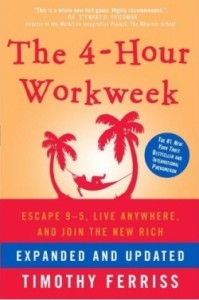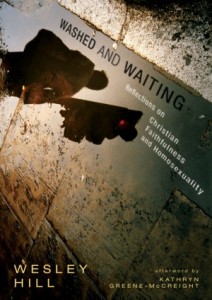Every couple weeks, I meet with some guys here at LifeWay and we discuss the books we’ve been reading. Our fifth meeting took place late last month with Micah Carter, Philip Nation, and Jason Hayes. Here’s what we discussed:
 Imaginary Jesus
Imaginary Jesus
Matt Mikalatos
Barna Books, 2010
Micah Carter began our discussion with a book that was available for a short time for free on Kindle. Imaginary Jesus is a book that Micah described as “uncomfortably humorous.” The author uses satire in order to confront and depose the “imaginary Jesuses” offered by society: CEO Jesus, the Testosterone Jesus, the liberal peacenik Jesus, the King James Jesus, the meticulous Jesus, and more.
At the heart of the book is the claim that all of us have the tendency to construct a Jesus of our own imagination and thereby miss the biblical Jesus. Following up that claim is Mikalatos’ call to follow Christ – the biblical one, that is. The problem with the book (besides the uncomfortable and irreverent portrayal of Christ) is that the author never resolves the central issue. He mocks our imaginary Christs, but he fails to construct a true historical portrait from the Gospels.
 The 4-Hour Workweek
The 4-Hour Workweek
Timothy Ferris
Crown Archetype, 2009
Jason Hayes brought a hefty book called The 4-Hour Workweek. (The size of the book prompted Philip to say it would take a whole work week to read it!)
Timothy Ferris asks good questions, like “What is the end goal of work?” He wants to help workers do more in less time. Efficiency is key, leading Ferris to recommend four focused hours of work. Along the way, he speaks of automation, content management, and out-sourcing. (Apparently, he’s not worried about the people working under him getting everything done in four hours!)
A key point of the book is the factor of elimination. Ferris tells workers to get rid of clutter. Our “to-don’t” list is just as important as a “to-do” list. Overall, Jason said there’s not much here you can’t find in a dozen other leadership books. But it did finish well, which moved it into the “worth your time” category.
 Washed and Waiting:
Washed and Waiting:
Reflections on Christian Faithfulness and Homosexuality
Wesley Hill
Zondervan, 2010
I brought the book, Washed and Waiting, written by Wesley Hill, a Christian man who has struggled with same-sex desires since he was a child. Wesley has chosen to base his identity in Christ and not his sexuality, which leads him to choose a life of celibacy.
This book provides a valuable resource for pastors and counselors who walk alongside people who face this temptation. The most moving section of the book chronicles the loneliness that is endemic to Christians who must (for whatever reason) remain single. In fact, it’s here that sexuality moves to the background, and the reader’s empathy toward to the widow or widower, or the Christian single grows.
Wesley’s fight against sinful lusts is heightened because of his broken sexuality, and yet I believe Wesley actually has a front-row seat at what sanctification looks like (or should look like) for all Christians. The process of being shaped into the image of Christ is painful, even heart-wrenching at times. The fight to find our joy and satisfaction in Christ above all else is just that – a fight. Whatever our individual struggle against sin may be, we are all washed and waiting.
 The Picture of Dorian Gray
The Picture of Dorian Gray
Oscar Wilde
Philip Nation brought up a book he’d been reading for free on Kindle. The Picture of Dorian Gray provides a glimpse of the emptiness of the person who strives merely after hedonistic pleasure.
Philip compared the book to Ecclesiastes, but without the redemptive resolution. We talked about how sin closes the heart of a person toward others. And then we discussed the questions Wilde raises in the book:
- What does the life of unbridled hedonism look like?
- What does it do to the soul?
- What happens to the human being who seeks to fulfill his every passion and desire?
- How does sin affect us physically?
These and more are the questions that Oscar Wilde raises in The Picture of Dorian Gray.


















